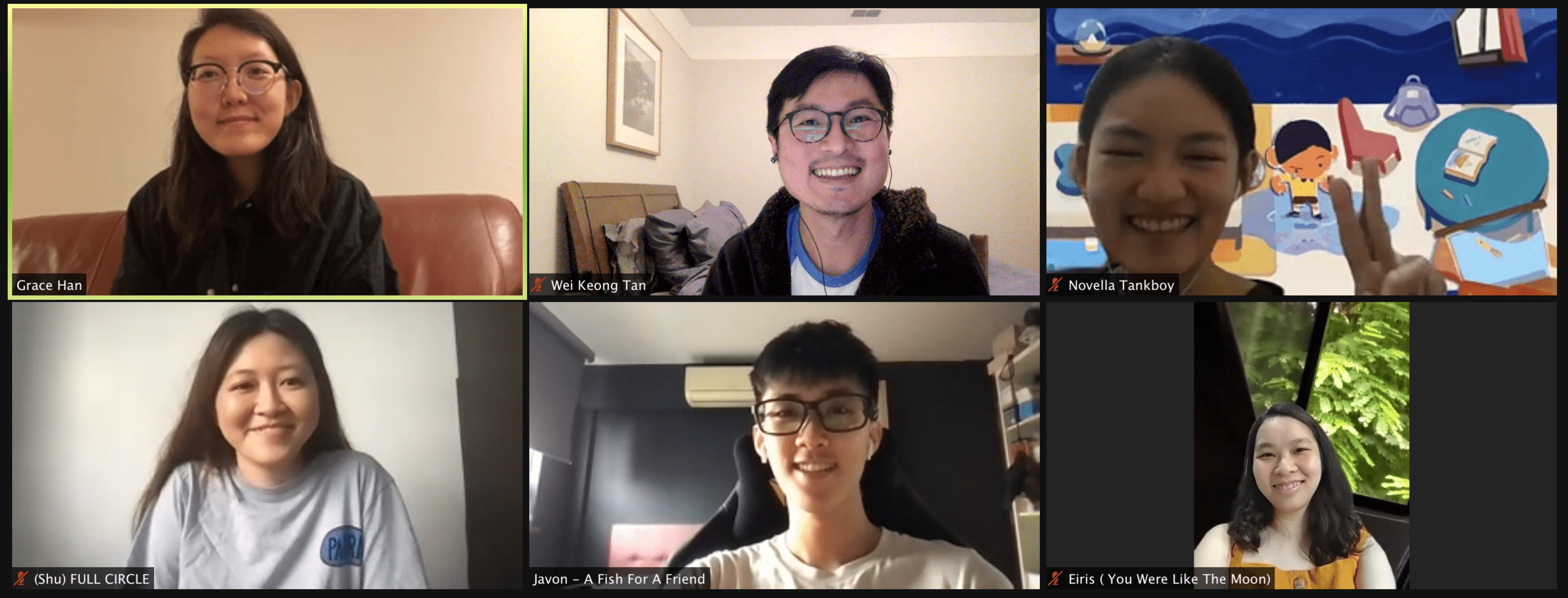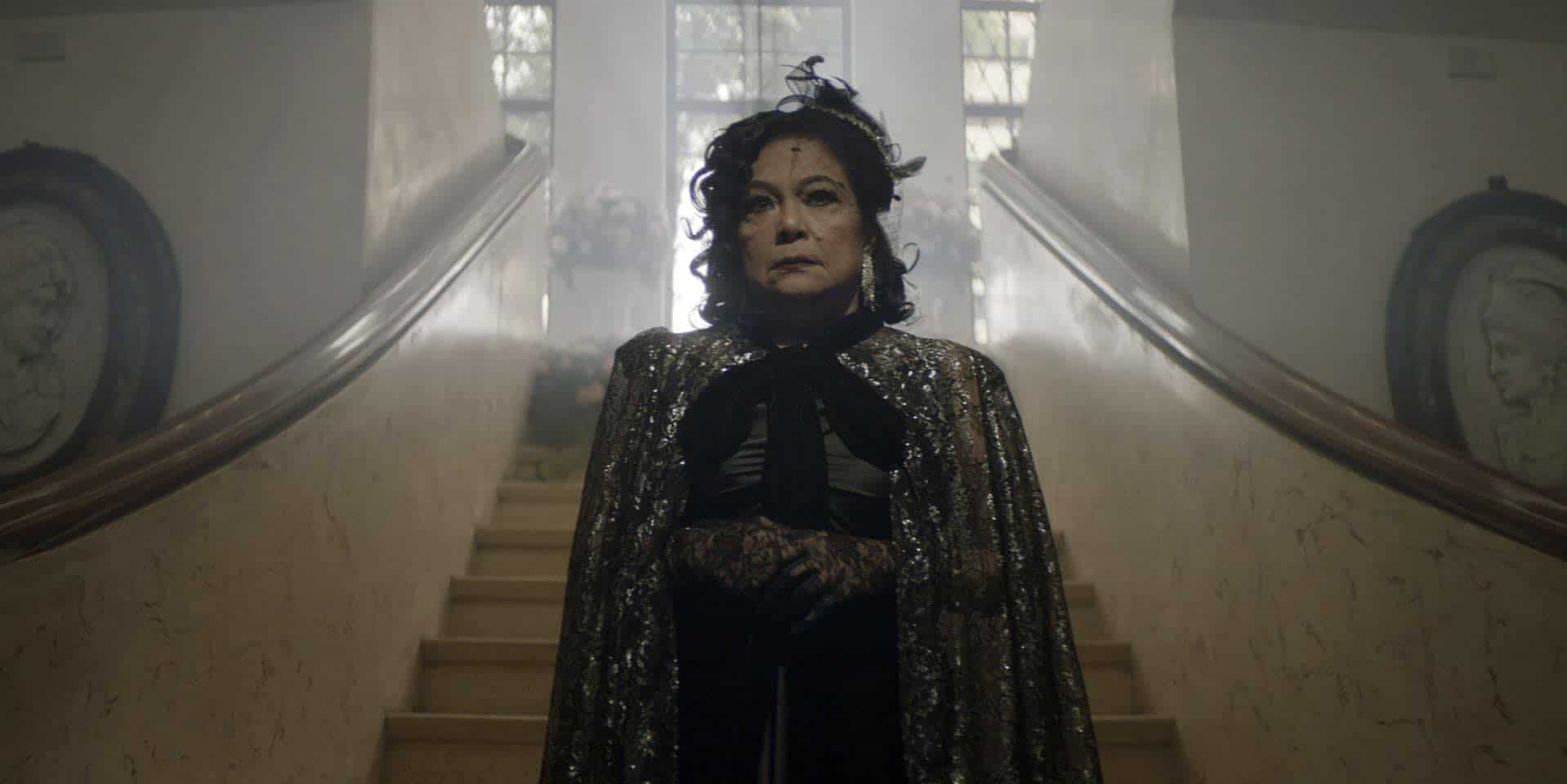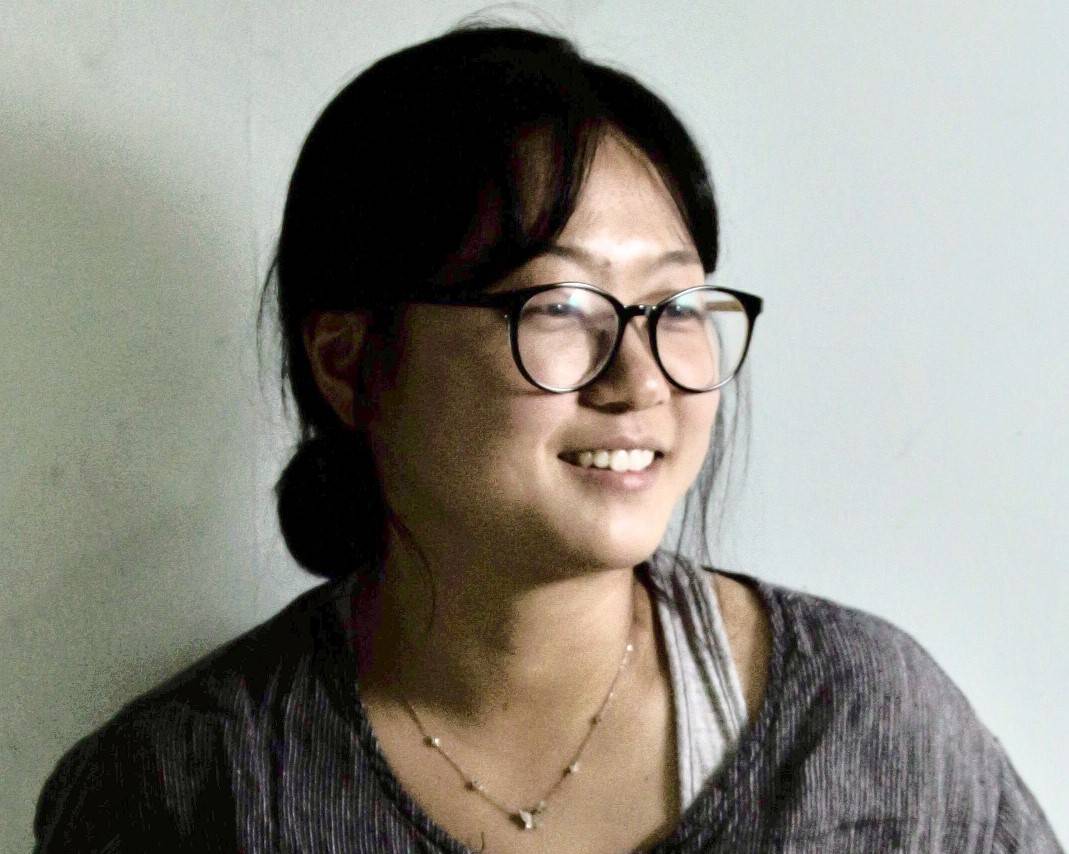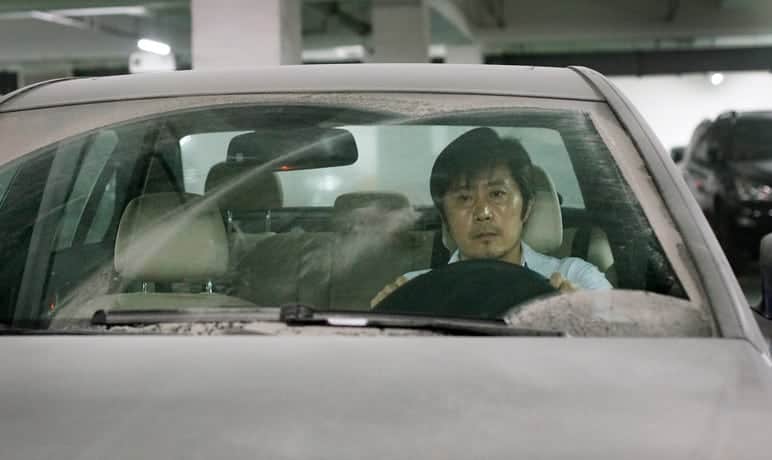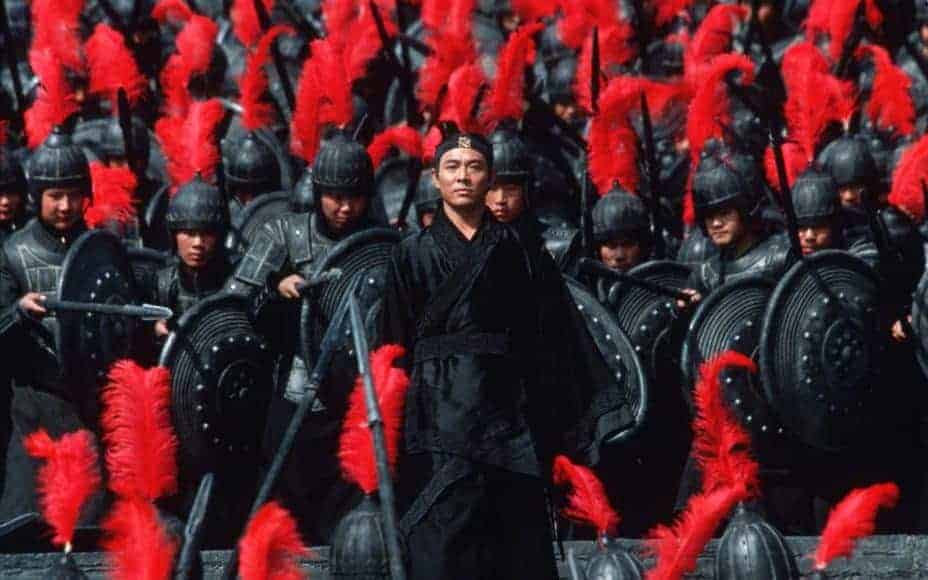Indrasis Acharya is an Indian filmmaker and screenwriter who is best known for his work in the Bengali film industry. After directing nationally and internationally acclaimed short films like Living Beyond the Line, Ektu Antorikota Jonno and Un-fair-y, he made his feature film debut as a writer-director with the 2017 drama Bilu Rakkhosh, which won accolades at the Asia Pacific Screen Awards, NYIFF and Asia Film Festival. Indrasis' debut short film, Living Beyond the Line, has also won the Best Film Award at the National Festival for Short and Documentary Films. The writer-director is currently working on his second feature film Pupa, which he also wrote. His two latest films are “Pupa” and “The Parcel”
We speak with him about the comments in his films and Bengali society, tradition and its power, Rituparna Sengupta, Bengali cinema, and other topics.
In “Pupa”, you decided to deal with the concept of euthanasia. Why did you choose this topic and what is your opinion about it? In general, what is the public opinion nowadays regarding filial piety?
“Pupa” is not a film that entirely deals with euthanasia rather a situational crisis that is often experienced by us in our country. There is no escape because our mindset, upbringing and values have made many of us like that. But if we think in a different way, this becomes an excuse for many for not being successful in life. Rather this helps them sitting in a comfort zone and complain about her/his fate. Seldom people have the power and strength to come out and do something different. In “Pupa”, I have created a hypothetical situation which might question about the right to die, but that is not all. In India there will be huge complexities implementing this.
At one point, we hear Rajat saying to his nephew that his intelligence belongs to the nation and science, and not to a dying father. Can you elaborate on this?
I have portrayed Subhro as an exceptional student who can really help India in terms of technical advancement, where he can help thousands but when he decides to stay with his dying father, it's a big loss of an opportunity for the country. He can't afford that just for his emotion to whom, who has no idea who he is. It's a complex thought for whom I care and to whom I continue to be responsible for, care with responsibility and only responsibility are different but you have to be very optimised in balancing these two. Priority is very important in life in case you want to achieve something and you have that capability. Many people think to achieve something but they don't have these capabilities and the other way around is also true. That is why Rajat Chatterjee didn't want to make his talent go to waste.

Why did you choose to have the elder uncle being the progressive rational one and the young nephew the one set on tradition? Usually in cinema, it is the other way around.
I have shown it to prove that proper education is that which shapes your mind and take decisions on logical ground rather what you read in your degree books and the way you have grown up. It doesn't matter with age and generations. I have tried to put Rajat Chatterjee exactly the same way.
In “The Parcel”, you combined social commentary with thriller elements. Why did you choose this approach?
I have made “Parcel” without any glare as this was taken as a challenge to make a thriller without any such thrilling elements.
The film makes a rather harsh comment regarding the medical system in India. What is your opinion on the subject, and how close to reality are the incidents we witness on the film?
I always try to put modern aspects of politics and its consequences in a direct way in my films. Here, it has come in the form of the medical system and I truly believe this is the most important area we need to focus in our state.
A similar incident took place after the completion of the film, but everything here has a hysteric effect, people are oppressed here and react sometimes without any proper valid logical reasons, so politicians use this nature in various ways. That's why it's very relatable.
Santanu De's cinematography is impressive. Can you give us some details about your cooperation and your approach to the visual part of the movie?
Santanu De has been working with me from the beginning and we have a very good bond between us. Our first film “Bilu, A Demon Within” was highly acclaimed for its visual treatment then there is no looking back till date.

Rituparna Sengupta as Nandini gives a great performance. How did you guide her for part?
Rituparna Sengupta is a one of the stalwarts in Bengali film industry. She is a wonderful actress. I just made her aware about the layers that I wanted to portray and she did an wonderful job.
What is your opinion of Bengali cinema at the moment?
Bengali cinema has an inclination to make its all kind of audience happy with its entertaining quotient and that is why it's compromising with cinematic values in substantial way. Large production values and marketing are setting a trend of watching same kind of movies and audience are not interested to come out their comfort zone of watching cinema. Independent makers don't have that strength to overcome the constraints and make them watch. But slowly, things are changing , lot of film makers are coming with good knowledge of cinema and international crafting. I can hope for the best, because a wave should reach to international arena to make good perception about our cinema because ultimately a good cinema is about perception.



